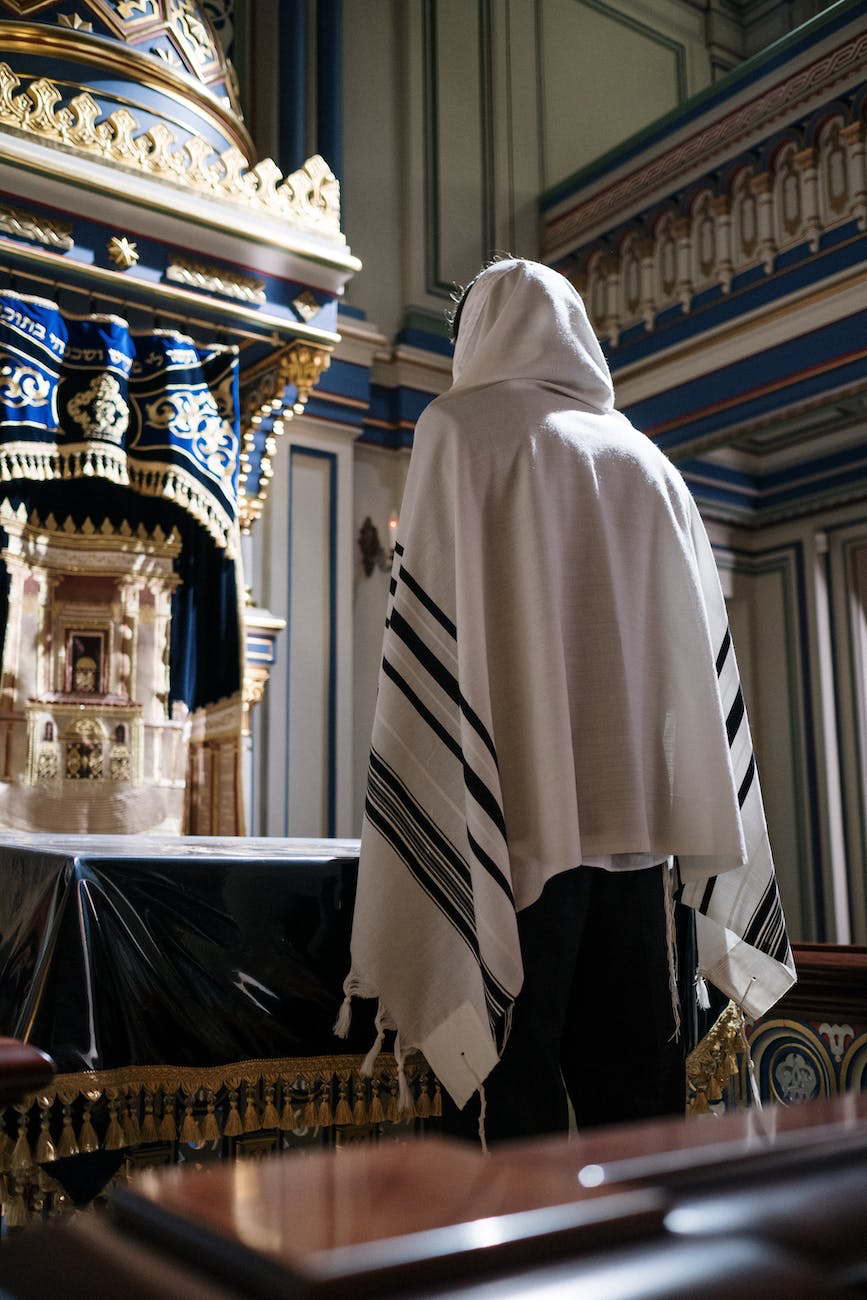Pursuing Mitzvos, Geulah, and Selichos
In this week’s parsha we are given the mitzvos of bikkurim and maaser. It’s a very fascinating concept to receive these mitzvos just days away from Rosh Hashanah.
Goan Rav Dov Berish Ashkenazy of Lublin writes in Noda Bash’arim about a Midrash Rabba (Bereishis 1, 4) that the world was created in the merit of Challah, Maaser, and Bikkurim.
One of the proofs brought for these three merits in the Midrash is that when we enter the land we shall bring bikkurim. So goes the question, how can we receive eretz yisroel in the merit of bikkurim if we haven’t completed the mitzvah yet? Rav Ashkenazy explains that the Midrash is intended to address how we go about fulfilling the mitzvos.
What is our attitude?
It should be that we appreciate and seek to fulfill every mitzvah. In fact, the kedusha and longing for eretz yisroel depends entirely on the numerous mitzvos that can only be completed in the Holy Land. Therefore, our entire desire to live in Israel should be based on the notion of fulfilling the mitzvos available only in Israel.
I have a colleague that for the past several years has been inspired by loving the land of eretz yisroel, to the point in which he has created a website and endeavor to help spread the love of the land, Libi East. This is an example of the passion that a yid has for the land, and how we can do unique mitzvos connected to it.
Our love of Israel, the promised land, isn’t because of the dirt, soil, or water. It’s because of the kedusha infused in the land as a result of its intermingled status with so many mitzvos. Our love for HaShem must naturally drive us to love eretz yisroel and seek to dwell there once again, so that we can fulfill more mitzvos and serve HaShem in an even greater capacity.
The Bobover Ruv teaches that we must precede the fulfillment of mitzvos with the study of mitzvos.
Before we can appreciate the mitzvah of arba minim, we need to study hilchos Sukkos. So too, in this regard, in order for us to fully appreciate the mitzvos associated with eretz yisroel, we should learn about them and prepare to do them. In fact, it is said that learning about the halachos are a way to complete the halachos as well (just as we learn and read korbonos to be yotzei the korbonos today).
As we enter this season of selichos, we should keep in mind not just the mitzvos of eretz yisroel, but the essential nature of who we are and our relationship with HaShem. Just as we petition HaShem during these days of awe, let us seek favor and bring forth our yearning to do more mitzvos, so HaShem will bentch us with the ability to complete said mitzvos.
This Shabbos, the Shabbos where at its conclusion we will begin selichos, according to the Bobover Ruv, has the power to elevate every Shabbos of the past year. Since the Zohar says Shabbos contains the brachos for the coming week and coming Shabbos, the Bobover Ruv says that as a result off the brachos we are to receive on Rosh Hashanah (when our blessings for the coming year are decided) are found in this Shabbos.
In the Gemara on Sanhedrin, R’ Yehoshua ben Levi asked Moshaich when he was coming. Moshiach said “hayom” – today. Eliyahu Hanavi explained that he was quoting a pasuk, “today, if you heed My voice.” Moshiach, according to the Kedushas Levi, was saying when klal yisroel has emunah shleymas that they are created new every day, then they earnestly do teshuva, and once klal yisroel has authentic teshuva, then we will merit Geula.
We have this unique opportunity to build a year of Geulah. Our davening, our kevanah, this Shabbos, our intent on the mitzvos we can fulfill once again, can be the force that gives merit to the year or redemption, just as we finish the Shmitah year, a year of redemption for the land. We’re told that the year after Shmitah can be when Moshiach comes, so let’s build a kol tefillah this Shabbos to elevate the past year, in turn the coming week, which delivers us into the new year, when court is in session.
In the meantime, be sure to check work on your emunas shleymas by listening in on my podcast, The Emunity Podcast.

